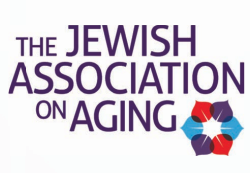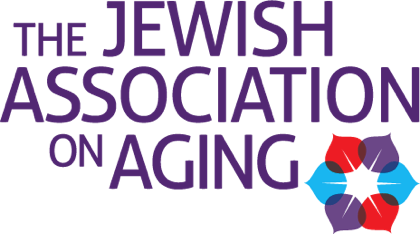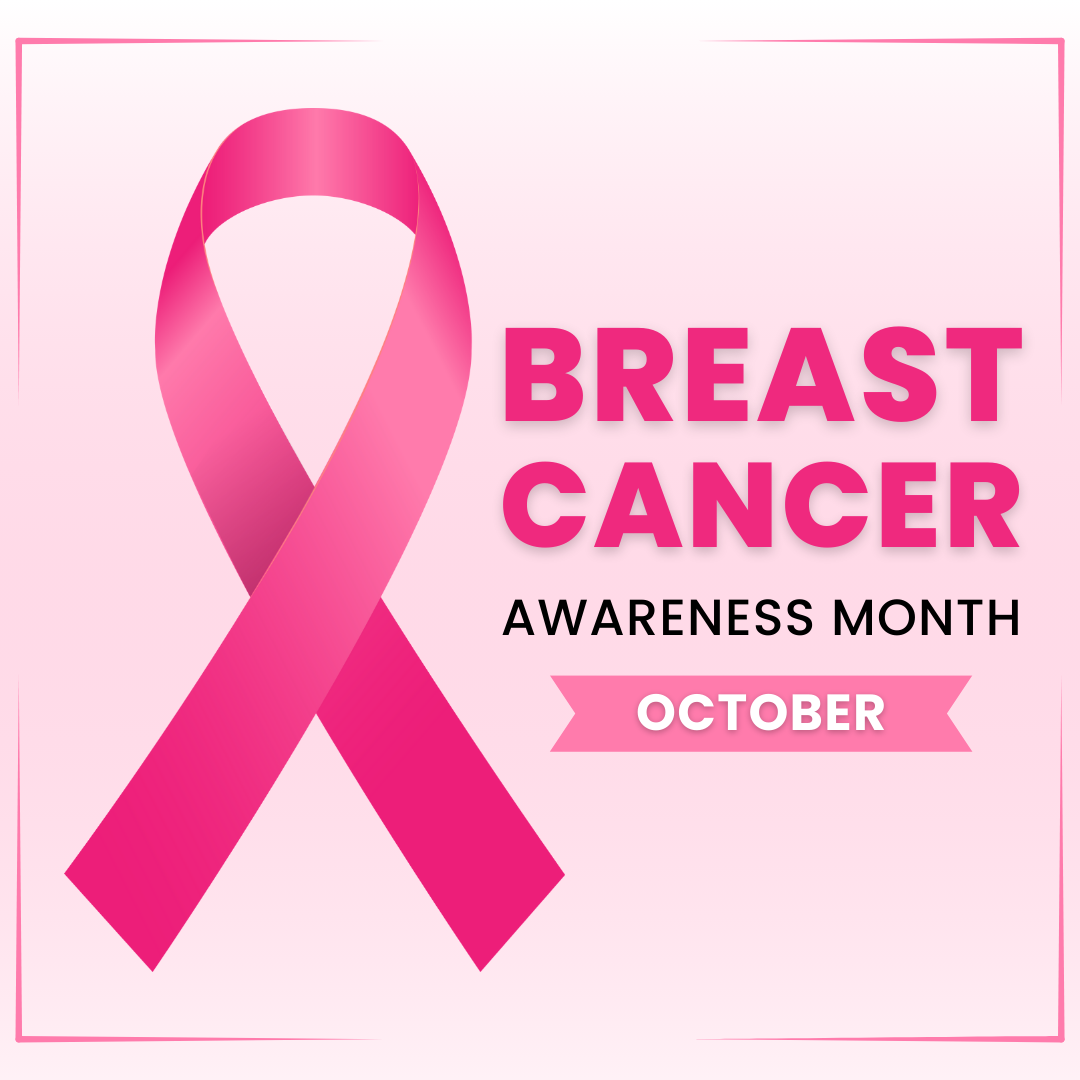Breast cancer is the second most common cancer among American women. Detecting breast cancer in its early stages, when it’s small and hasn’t spread, makes it much easier to treat successfully. Regular screenings and tests, such as mammograms and self-breast exams, are the best way to find cancer early.
While some breast cancers do not present with any symptoms, some common symptoms include:
-
- A new lump or mass in the breast or underarm
- Swelling in the breast
- Skin dimpling (can look like an orange peel)
- Pain in any area of the breast
- Nipple or breast skin that is red, dry, flaking, or thickened
- Change in the size or the shape of the breast
- Nipple retraction (turning inward)
- Pain in any area of the breast
- Nipple discharge other than breast milk (including blood)
While many of these symptoms can be caused by conditions other than cancer, it’s important to have any new breast mass, lump, or other change checked by a healthcare professional.
Risk Factors
- Sex- Breast cancer is much more common in women than in men.
- Age- Your risk of getting breast cancer increases as you age. Most breast cancers are found in women who are age 55 and older.
- Genetics-Individuals who inherited mutated BRCA1 or BRCA2 genes have a higher risk of getting breast cancer.
How you can lower your risk:
- Maintain a healthy weight and exercise regularly
- Choose not to drink alcohol, or drink alcohol in moderation
- If you are taking hormone replacement therapy or birth control pills, ask your doctor about the risks.
If you have a breast cancer diagnosis, JAA Home Healthcare can help you on your journey. For patients who require surgical intervention, a Home Healthcare nurse can help you with wound and drain care. If you are receiving treatment, a nurse can also assist you at home with symptom management. Please ask your oncologist to send a referral to JAA Home Healthcare.
TIPS: SELF BREAST EXAM SHOULD BE DONE AT LEAST ONCE A MONTH. FORTY PERCENT OF DIAGNOSED BREAST CANSERS ARE DETECTED BY WOMEN WHO FEEL A LUMP.
Source: CDC, American Cancer Society


